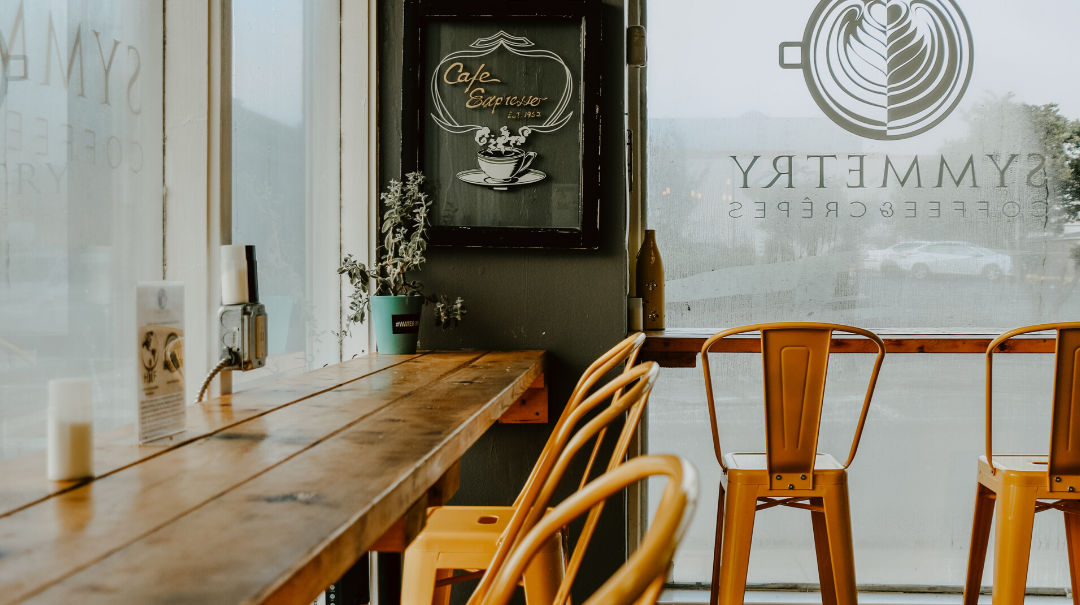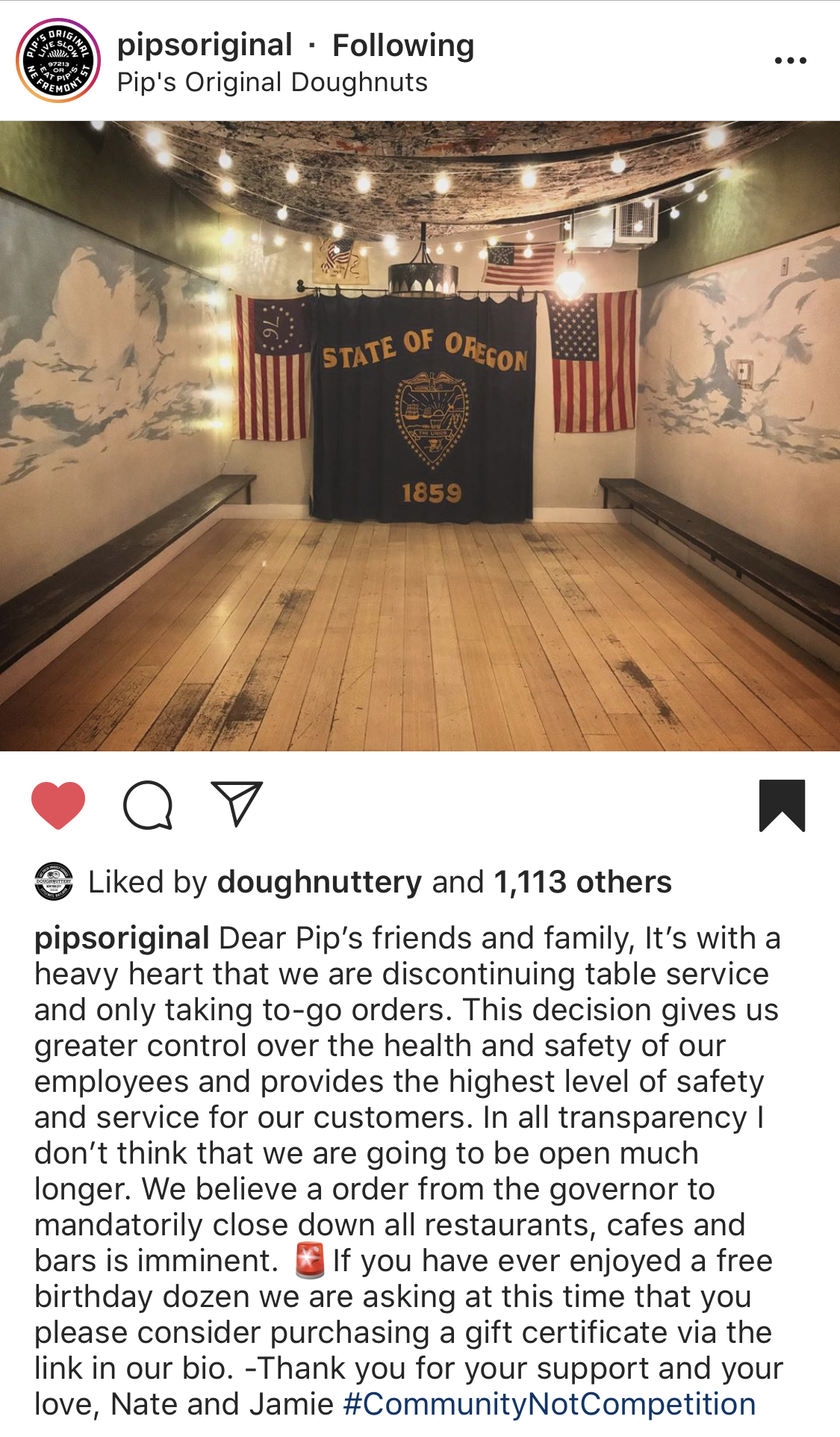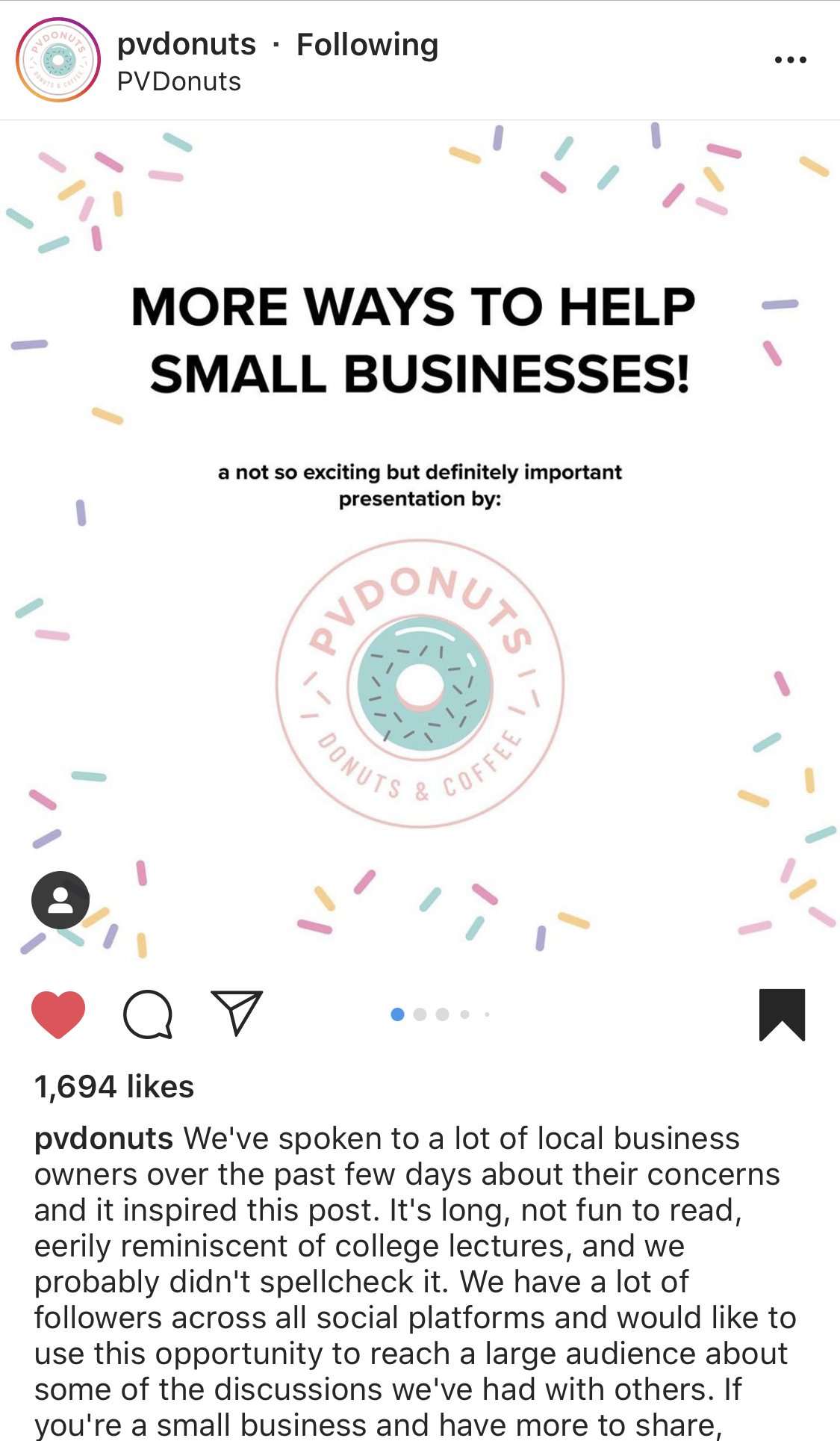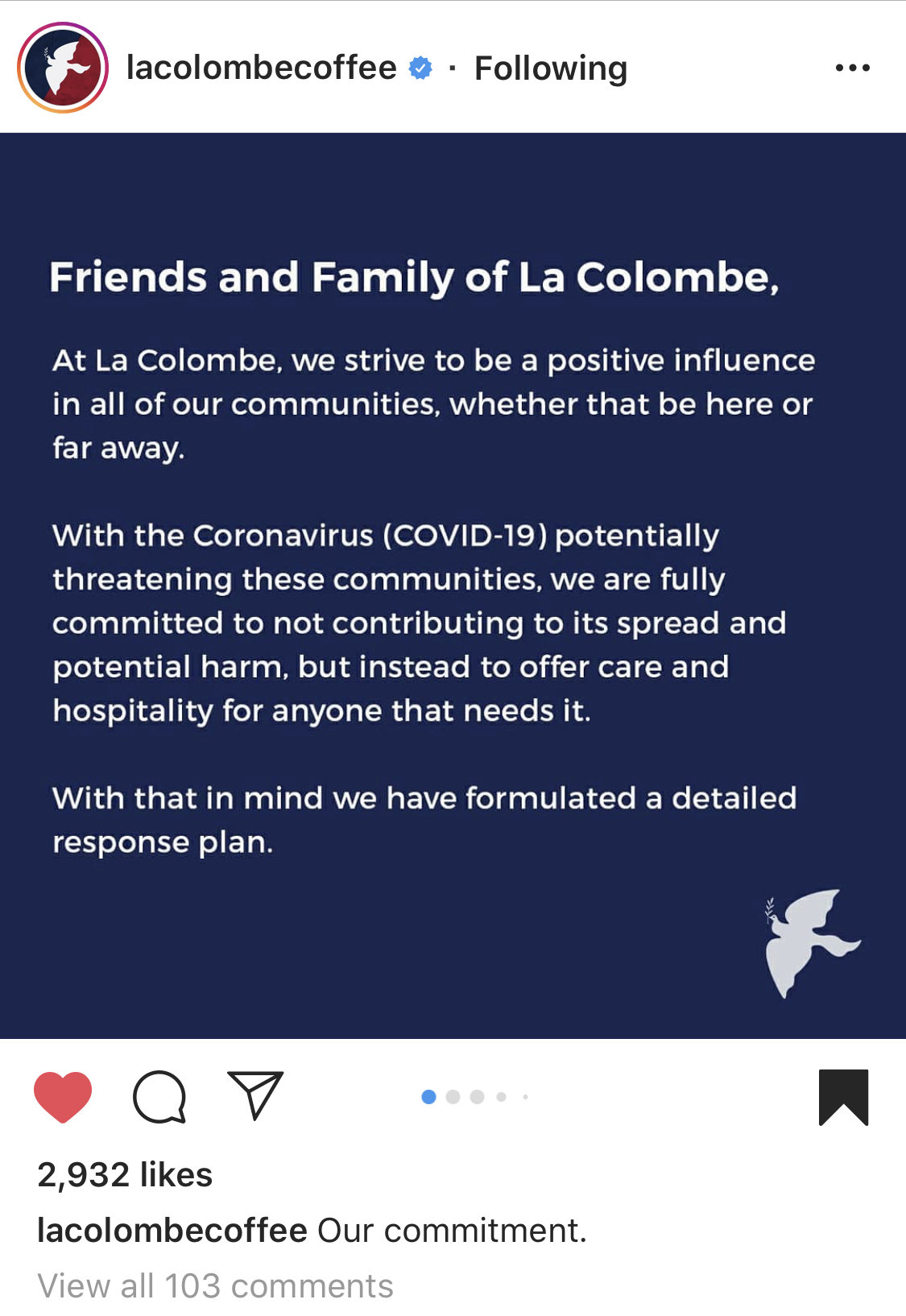Last week, we postponed the second-annual Dallas Donut Fest due to growing Coronavirus concerns. An hour later Dallas County declared a public health emergency and banned large gatherings of over 500 people. Just today, the CDC is strongly discouraging gatherings of 50 people or more.
Selfish disappointment ensued about my event. Then I got to thinking about the larger social and economic effects of the virus. Donut shop owners and other local business owners know all too well the effects it’s had on their business so far, and the uncertainty that lies ahead.
While we wait for more facts to unfold, many consumers will rightly be practicing social distancing. But unfortunately that comes at a cost to independent restaurant owners. Walk-in customers, reservations and large orders for catering and private events will no doubt be affected in your city.
So how can local restaurants adapt?
If you’re not already implementing these tactics, please consider:
- Not only upping your sanitation efforts, but communicating what you’re doing via social media, website, and email newsletters. Scroll down for a few Instagram announcements.
- Offering “no contact” delivery and/or curbside pick-up service. GrubHub just announced on Friday that it’s waiving commissions for independent restaurants. Consider temporarily banning cash, requiring pre-paid orders or changing your POS settings to no longer require signatures. Here is how other popular food delivery services are tackling Coronavirus concerns too.
- Encouraging the purchase of gift cards for later use.
- Creating some kind of virtual offer: a tour, happy hour, Q&A session, something creative you can offer at a distance and still earn revenue from.
- Encouraging donations to relief funds like Southern Smoke. This Texas-based nonprofit provides funding to anyone who works in the food and beverage supply chain, including restaurant and bar owners, that are faced with unforeseen expenses otherwise not covered by insurance. More relief funds are listed below.
- Apply for a low-interest disaster recovery loan from the SBA. The process for accessing their COVID-19 Disaster Relief Funding can be found here.
At the time of this writing, there’s no federal order to shut down all non-essential businesses (like restaurants) across the country. But it could be on the horizon.
Per Eater New York, “The governors of Illinois and Ohio have both ordered statewide shutdowns, while Los Angeles’ mayor Eric Garcetti announced that the California city’s bars would close today and has suggested dine-in restaurants would also close soon. D.C. has shuttered all nightclubs.”
The city of NYC had challenges enforcing their half-capacity rule for restaurants. As of March 16, 2020 Mayor de Blasio signed an executive order that gives the City power to enforce new rules requiring all restaurants, bars and cafes to shift to delivery and take-out only, among other facilities. Dallas is also taking an aggressive approach with restaurants.
All this to say: we don’t need to add to community hysteria, but we do need to be aware of the possibilities in the coming weeks. The best thing — the only thing — we can do is be prepared to serve.
Additional resources
- Check out Eater’s list of relief funds for restaurants, bars and food service workers.
- Follow the CDC’s guidance for businesses and employers.
- Learn the latest from the National Restaurant Association.
- Read tips for staying healthy and in business from Restaurant Business Online.
- Seek guidance from the Texas Restaurant Association. Don’t live in Texas? Google “[your state] Restaurant Association”, “[your state] Hospitality Association” and “[your state] Health & Human Services” to start.
Adapt to online selling
Do you have an online ordering system in place? If you’re not partnering with delivery services like GrubHub, or if you don’t have a website, get a makeshift online form going. Recommendations:
- Start with a simple Google Form if you’re not tech-savvy.
- As of March 18, 2020: Square POS is refunding all software subscription fees, including fees for their online stores. Super easy to set up!
- For more advanced website services and support, try Bento Box. There are no commission fees and the team can set up your online ordering site in less than 4 days.
If you have more advanced software or tool recommendations, please share the love below.
Take action
Reach out to your state senators and representatives to demand a proper aid package. On Wednesday, March 18, 2020 Congress passed the Families First Coronavirus Response Act, but groups like the National Restaurant Association are arguing that it does not go far enough to protect the food industry. As an example, the bill requires small business owners to cover the cost of paid leave and recover the money later through a federal tax credit, putting financial strain on owners. In a letter to Congress, the NRA outlined steps the government could take to provide immediate relief.






